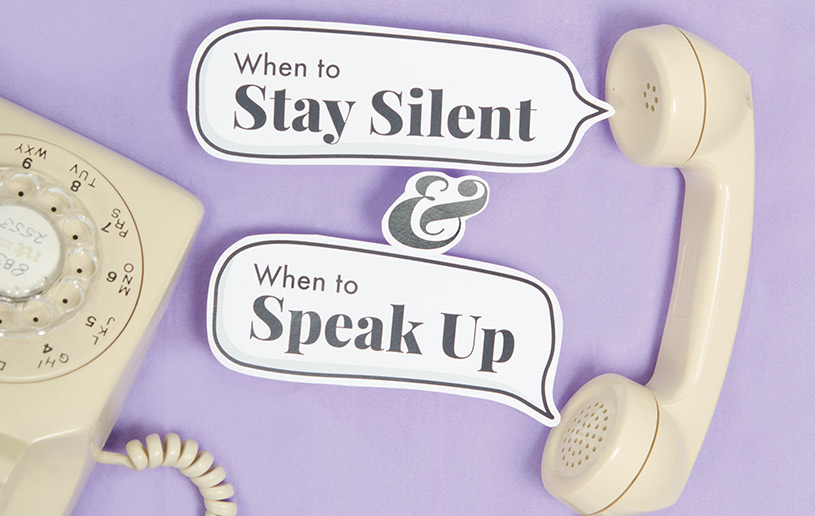“If God is good, why did He let this happen?”
It’s one of the hardest, rawest questions people ask—whispered through tears, shouted in anger, or left unspoken in quiet despair. A tragedy hits, betrayal crushes you, suffering lingers, or loss rips away something dear. And deep inside, a question burns:
Why did God allow that?
For some, this question is intellectual—a theological puzzle to solve. But for many, it’s deeply personal. Maybe you’ve lost someone too soon. Maybe a dream shattered. Maybe life’s unfairness seems unbearable. You pray, you plead, and yet… nothing changes.
Where is God in all this?

1. The Hard Reality: We Live in a Broken World
Let’s start with a truth that no one enjoys hearing: this world is fallen.
God made the world good, but sin broke it (Genesis 3). From the moment Adam and Eve disobeyed, suffering, sickness, and death entered the world. And since then, things have been messy. The Bible doesn’t sugarcoat this:
Jesus Himself said,
“In this world you will have trouble”.
(John 16:33)
Paul calls creation “subjected to futility” (Romans 8:20) and describes it as groaning under the weight of brokenness.
This means pain is part of life on this side of eternity. Not because God delights in suffering, but because sin corrupted the world.
2. “But If God is in Control, Why Didn’t He Stop It?”
This is where things get really difficult. If God is sovereign, couldn’t He have prevented that car crash? That abuse? That diagnosis?
Yes. He could have.
But the Bible shows us that God doesn’t always intervene the way we expect. Instead, He allows human choices and natural consequences to unfold—sometimes with devastating results.
- He didn’t stop Joseph’s brothers from selling him into slavery (Genesis 37).
- He didn’t prevent Job from losing everything (Job 1-2).
- He didn’t keep Jesus from the cross (Luke 22-23).
And yet… in every case,
He was working something greater through the pain.
3. God’s Plan is Bigger Than Our Pain
Let’s revisit Joseph. Sold into slavery by his own brothers, falsely accused, thrown into prison. Where was God?
Right there, turning the worst moment of his life into the very thing that saved millions from famine (Genesis 50:20).
Or Job. He lost his family, health, and everything he owned. Yet, in the end, he encountered God in a deeper way than ever before (Job 42:5).
And Jesus—beaten, mocked, crucified. It seemed like the greatest evil in history. But that very moment became the source of salvation for the world.
What does this tell us?
- God sees beyond what we see.
- Pain is not wasted.
- What Satan or others intend for evil, God can use for good.
It doesn’t mean every tragedy will make sense immediately. Some things we won’t understand this side of heaven. But God is still in control, even when life feels out of control.
4. The Cross is God’s Answer to Suffering
When we suffer, we want answers. But God doesn’t just give an explanation—He gives Himself.
Jesus didn’t stay distant from suffering; He stepped into it.
- He was betrayed, abandoned, beaten, and crucified.
- He felt the depths of human pain.
- On the cross, He cried out: “My God, my God, why have You forsaken Me?” (Matthew 27:46).
God doesn’t just watch our suffering—He experienced it Himself.
This is why Christianity is different from every other worldview. Many religions say, “Just accept suffering.” Atheism says, “Suffering is meaningless.” But Jesus says, “I have suffered with you, and I will redeem it.”
5. “So What Do I Do With My Pain?”
If you’re hurting, here’s what you can do:
- Be honest with God. He can handle your anger, doubt, and confusion (Psalm 13).
- Trust that He sees the bigger picture. Even if you don’t understand, He is working all things for good (Romans 8:28).
- Remember, suffering is temporary. This world is not the final chapter (Revelation 21:4).
- Lean on Jesus. He’s been there, and He walks with you now (Hebrews 4:15-16).
God doesn’t promise a pain-free life. But He promises that one day, all pain will end. Until then, we hold onto Him.
So, why did God allow that?
Maybe we won’t fully know. But we know who He is. And that is enough.





